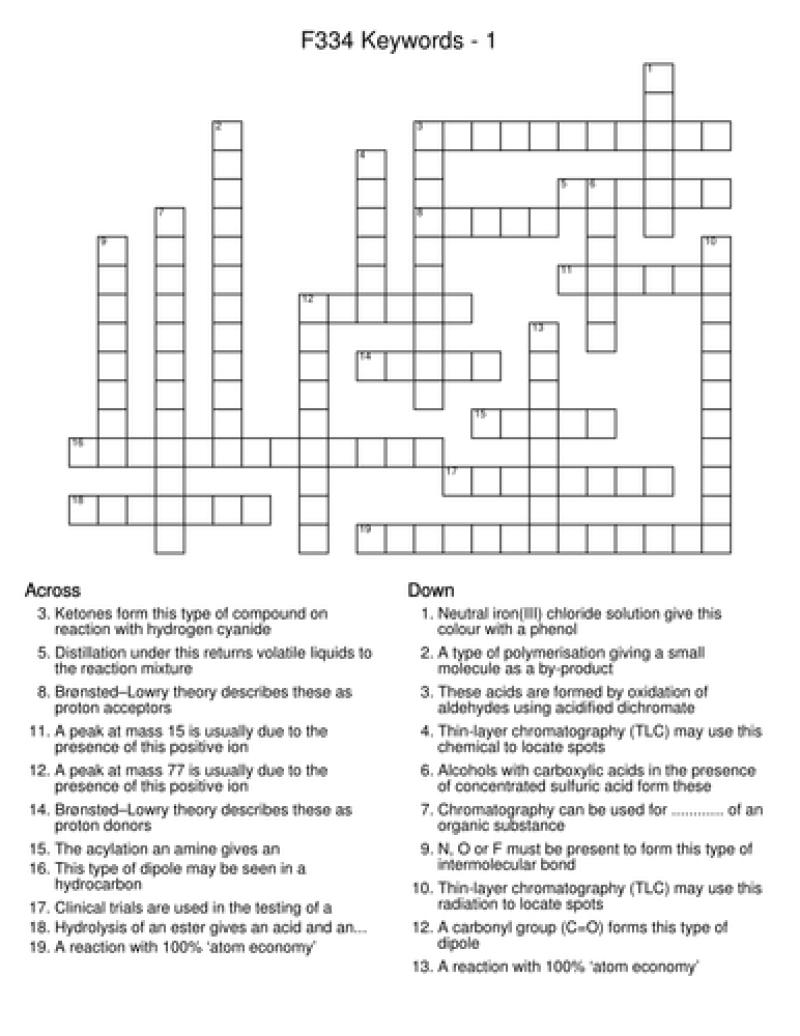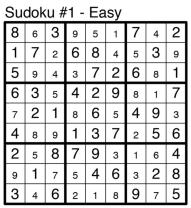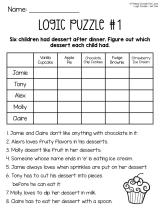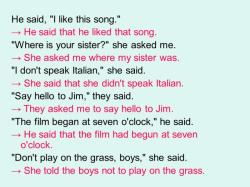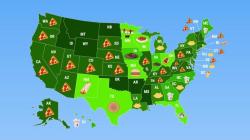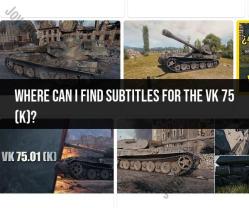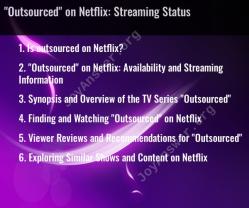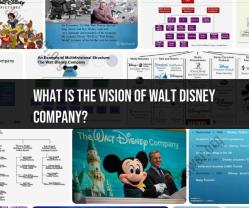What is the purpose of a crossword puzzle?
Crossword puzzles serve multiple purposes, providing a blend of entertainment, cognitive stimulation, and educational benefits. Here are some key purposes of crossword puzzles:
Entertainment:
- Crossword puzzles are primarily designed for entertainment. They offer a challenging and enjoyable activity that people of various ages can engage with. Solving a crossword can be a relaxing and satisfying leisure activity.
Cognitive Stimulation:
- Crossword puzzles are known for their cognitive benefits. Solving them requires mental effort, including pattern recognition, vocabulary recall, and problem-solving skills. Regular engagement with crossword puzzles can help keep the mind sharp and enhance cognitive abilities.
Educational Tool:
- Crossword puzzles can be used as educational tools in the classroom or for self-directed learning. They provide a creative way to reinforce and test knowledge on various subjects, including language, history, science, and more.
Vocabulary Building:
- Crossword puzzles often involve the use of diverse and sometimes challenging vocabulary. Solvers are exposed to a variety of words, expanding their vocabulary and improving language skills.
Memory Enhancement:
- The process of recalling words and finding connections between clues and answers can help enhance memory. Engaging in regular crossword puzzle solving may contribute to improved memory function.
Stress Relief:
- Solving crossword puzzles can serve as a stress-relief activity. Focusing on the puzzle provides a mental break from daily stressors, promoting relaxation and mindfulness.
Social Interaction:
- Crossword puzzles can be a social activity when solved in groups or shared with others. Collaborative solving allows for interaction, discussion, and a shared sense of accomplishment.
Time Management:
- Completing a crossword puzzle within a given timeframe can help improve time management skills. It encourages individuals to set goals and work efficiently to achieve them.
Problem-Solving Skills:
- Crossword puzzles present a set of problems to solve, requiring individuals to use deductive reasoning and critical thinking. The process of elimination and filling in the blanks fosters problem-solving skills.
Satisfaction and Achievement:
- Successfully completing a crossword puzzle provides a sense of accomplishment and satisfaction. It reinforces the idea that persistence and mental effort lead to success.
Accessibility:
- Crossword puzzles are widely accessible, available in newspapers, online platforms, puzzle books, and more. Their ubiquity makes them a convenient and inclusive form of entertainment and mental exercise.
Overall, the purpose of a crossword puzzle is multifaceted, combining elements of entertainment, cognitive engagement, education, and personal development. Whether enjoyed for leisure or used as a learning tool, crossword puzzles contribute to mental well-being and intellectual stimulation.
Educational tool: What is the purpose of a crossword puzzle?
The purpose of a crossword puzzle is to provide a fun and challenging way to learn and practice a variety of skills, including:
- Vocabulary acquisition and expansion
- Problem-solving skills
- Critical thinking skills
- Memory skills
- Logical reasoning skills
- Spelling skills
- Grammar skills
- General knowledge
Crossword puzzles can also be used to teach and review specific subject matter, such as math, science, history, and geography.
Exploring the educational benefits and cognitive functions served by crossword puzzles
Crossword puzzles offer a number of educational benefits and serve important cognitive functions, including:
- Vocabulary acquisition and expansion: Crossword puzzles expose learners to new words and help them to learn the meaning and usage of those words.
- Problem-solving skills: Crossword puzzles require learners to think critically and solve problems in order to complete the puzzle.
- Critical thinking skills: Crossword puzzles help learners to develop their critical thinking skills by requiring them to analyze and interpret information.
- Memory skills: Crossword puzzles help to improve memory skills by requiring learners to remember words and clues.
- Logical reasoning skills: Crossword puzzles require learners to use logical reasoning skills to solve the puzzle.
- Spelling skills: Crossword puzzles help to improve spelling skills by requiring learners to spell words correctly.
- Grammar skills: Crossword puzzles can also help to improve grammar skills by requiring learners to use correct grammar in their answers.
- General knowledge: Crossword puzzles can be used to teach and review a variety of general knowledge topics.
Tips for educators in integrating crossword puzzles into teaching and learning activities
Here are a few tips for educators in integrating crossword puzzles into teaching and learning activities:
- Choose crossword puzzles that are appropriate for the age and ability level of your students.
- Differentiate crossword puzzles by providing different levels of difficulty or by allowing students to work in pairs or small groups.
- Use crossword puzzles to introduce, review, or reinforce specific subject matter.
- Make crossword puzzles more challenging by including clues that require students to use their critical thinking skills or to apply their knowledge of a specific topic.
- Allow students to create their own crossword puzzles. This is a great way to assess student learning and to engage students in the learning process.
Crossword puzzles can be a fun and effective way to teach and learn a variety of skills. By integrating crossword puzzles into your teaching and learning activities, you can help your students to develop their vocabulary, problem-solving skills, critical thinking skills, memory skills, logical reasoning skills, spelling skills, grammar skills, and general knowledge.
Here are some specific examples of how crossword puzzles can be integrated into teaching and learning activities:
- In a math class, you could use a crossword puzzle to review the names of different geometric shapes or to test students' knowledge of mathematical formulas.
- In a science class, you could use a crossword puzzle to review the names of different parts of the human body or to test students' knowledge of the scientific process.
- In a history class, you could use a crossword puzzle to review the names of important historical figures or to test students' knowledge of key historical events.
- In a geography class, you could use a crossword puzzle to review the names of different countries and continents or to test students' knowledge of major geographical features.
By using crossword puzzles in a variety of ways, you can make learning more fun and engaging for your students.
